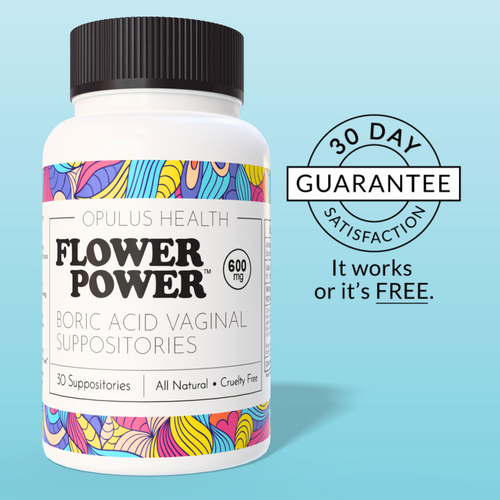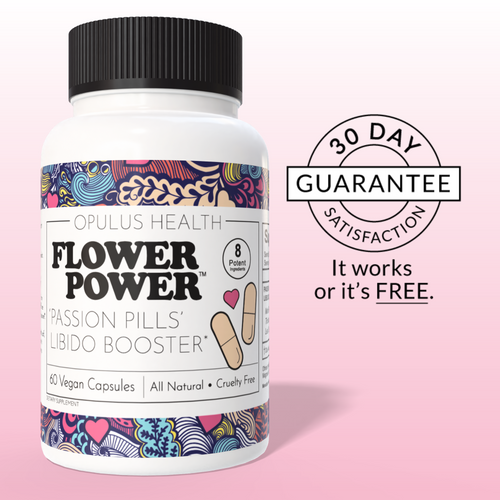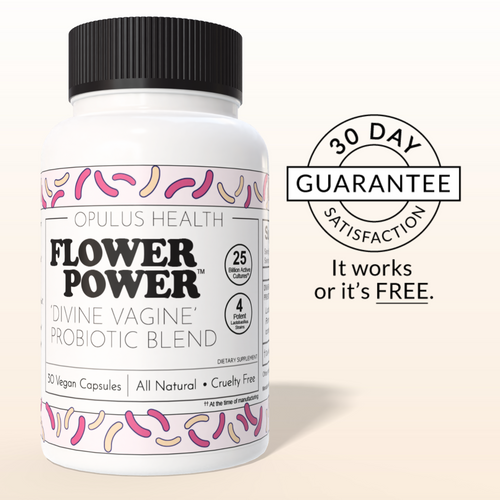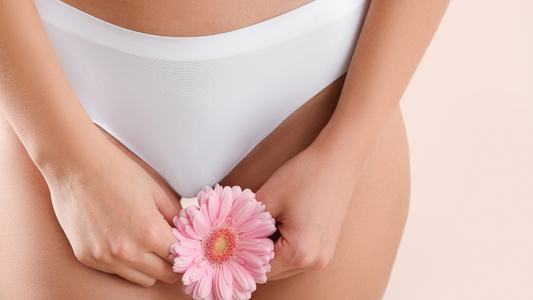Vaginal dryness is a common issue that affects millions of women worldwide. While occasional dryness can be caused by stress or lifestyle factors, persistent dryness often points to hormonal changes. Understanding the link between hormones and vaginal dryness is essential for maintaining comfort, sexual health, and overall vaginal wellness.
In this article, we explore how hormones influence vaginal moisture, the life stages where women are most affected, and practical strategies to restore hydration and comfort. Whether you’re experiencing dryness for the first time or seeking solutions during menopause, this guide will help you understand the science and take actionable steps to improve vaginal health.
Understanding Vaginal Dryness
Vaginal dryness occurs when the vaginal mucosa—the delicate tissue lining the vagina—loses moisture and elasticity. This can lead to irritation, itching, and discomfort during daily activities or sexual intercourse. While temporary dryness is common, chronic vaginal dryness can significantly affect quality of life.
Common causes include hormonal changes, medications, and lifestyle factors. Other contributing factors include stress, smoking, and low water intake. Recognizing these causes is the first step in managing dryness effectively.
How Hormones Affect Vaginal Health
The Role of Estrogen in Vaginal Moisture
Estrogen is the primary hormone responsible for maintaining vaginal moisture. It supports the vaginal mucosa, keeps tissue thick and elastic, and promotes natural lubrication. Low estrogen levels can thin the vaginal lining, reduce blood flow, and decrease lubrication, leading to discomfort and dryness.
Progesterone and Other Hormones
While estrogen plays the leading role, progesterone and testosterone also impact vaginal tissue. Progesterone helps regulate the reproductive system, and testosterone contributes to sexual desire and tissue health. Imbalances in these hormones can exacerbate dryness and discomfort.
Hormonal Imbalances and Their Effects
Hormonal fluctuations can occur at various life stages, during pregnancy, postpartum, or due to contraceptive use. These imbalances can result in reduced lubrication, thinning of the vaginal mucosa, and increased susceptibility to irritation and infections.
Life Stages That Influence Hormonal Vaginal Changes
Puberty and Early Adulthood
During puberty, hormonal fluctuations regulate the menstrual cycle and vaginal secretions. In early adulthood, factors like birth control and stress can temporarily affect vaginal moisture. Awareness and gentle hygiene practices can help maintain comfort during these stages.
Pregnancy and Postpartum
Pregnancy causes elevated hormone levels, which can initially increase vaginal lubrication. However, postpartum changes, particularly after childbirth, may reduce natural moisture. Many women notice dryness during breastfeeding due to lower estrogen levels.
Perimenopause and Menopause
As women approach menopause, estrogen and progesterone levels decline. This often results in chronic vaginal dryness, thinning mucosal tissue, and decreased elasticity. These changes can make sexual activity uncomfortable and increase the risk of irritation or infections.
Post-Hysterectomy or Surgical Interventions
Surgical procedures such as hysterectomy or oophorectomy can significantly impact hormone production. Women who undergo these interventions may experience sudden vaginal dryness and require targeted strategies to restore moisture.
Managing Hormonal Vaginal Dryness
Lifestyle Strategies for Vaginal Health
Simple lifestyle adjustments can make a significant difference. Staying hydrated, consuming nutrient-rich foods, avoiding irritants like harsh soaps or alcohol, and engaging in regular exercise can improve circulation and support mucosal health.
Topical Treatments and Moisturizers
Water-based vaginal moisturizers and hormone-free lubricants are effective tools for restoring moisture and reducing discomfort. These products work by hydrating the mucosa directly, improving elasticity, and supporting natural lubrication.
Oral Supplements and Natural Remedies
Natural oral supplements, such as She Juicy, contain ingredients like Slippery Elm Bark, amino acids, and essential minerals that support vaginal hydration. These doctor-backed, hormone-free options can enhance mucosal moisture and comfort, particularly for women experiencing hormone-related dryness.
Hormone Therapy Options
In cases of significant dryness due to low estrogen, local estrogen creams, vaginal rings, or systemic hormone therapy may be recommended by a healthcare professional. These treatments help restore mucosal thickness, improve lubrication, and alleviate discomfort.
When to Consult a Gynecologist
Persistent dryness, pain during intercourse, or recurrent infections warrant medical attention. A gynecologist can assess hormonal levels, recommend safe treatment options, and guide the use of moisturizers, supplements, or hormone therapy.
Frequently Asked Questions
What hormones cause vaginal dryness and how?
Hormones such as estrogen, progesterone, and testosterone influence vaginal tissue health. Low estrogen levels thin the mucosa and reduce natural lubrication, leading to dryness, while imbalances in other hormones can exacerbate discomfort.
Can menopause-related vaginal dryness be reversed?
While hormonal changes during menopause are natural, vaginal dryness can be managed effectively with moisturizers, lubricants, oral supplements, and, if necessary, localized hormone therapy. Consistency is key to the best results.
Do birth control pills affect vaginal moisture?
Yes. Certain contraceptives can alter hormone levels, sometimes reducing natural lubrication. Women experiencing dryness while on birth control may benefit from hydration strategies or supplemental support.
Are natural supplements effective for hormonal vaginal dryness?
Natural supplements containing ingredients like Slippery Elm Bark, amino acids, and minerals can support mucosal hydration without hormones. Many women report improved comfort, lubrication, and overall vaginal health with consistent use.
When should I seek medical advice for vaginal dryness?
If dryness persists, causes pain, itching, burning, or recurrent infections, it is important to consult a gynecologist. Professional assessment ensures appropriate treatment and rules out underlying health issues.
Restoring Comfort and Vaginal Health
Understanding the link between hormones and vaginal dryness empowers women to take control of their vaginal health. By combining lifestyle strategies, targeted moisturizers, natural supplements, and professional guidance when necessary, it is possible to maintain comfort, natural lubrication, and overall wellness.
Take action today: prioritize hydration, explore safe hormone-free options like She Juicy, and consult a gynecologist if dryness persists. Your vaginal health is essential, and with the right strategies, you can enjoy improved comfort, sexual satisfaction, and confidence.

















